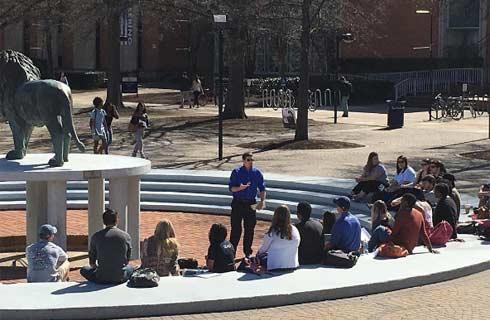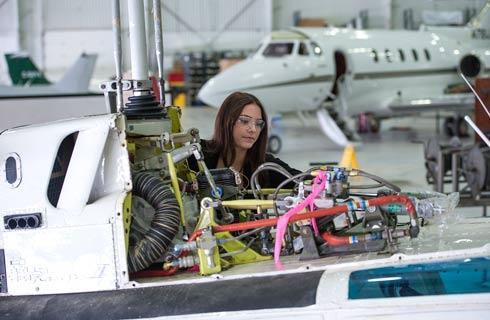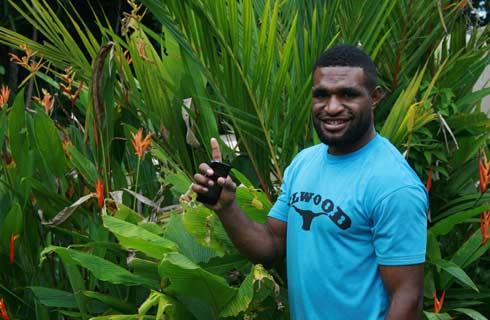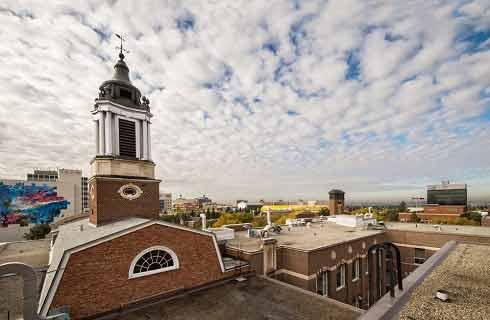国际学生入学条件
Students should have 2:1 (upper second class) UK Honours degree, or an Honours degree from a non-UK institution which is judged by the University to be of equivalent worth in Archaeology, Anthropology, Earth Sciences, Genetics, History, or Zoology or a related discipline or 2:2 in Archaeology or a related discipline, with relevant professional experience. Students should have IELTS Academic: OVERALL - 6.5 with: Listening - 5.5; Reading - 5.5; Speaking – 5.5; Writing - 6.0. TOEFL iBT: OVERALL - 90 with: Listening - 17; Reading - 18; Speaking - 20; Writing - 21.
展开
IDP—雅思考试联合主办方

雅思考试总分
6.5
了解更多
- 雅思总分:6.5
- 托福网考总分:90
- 托福笔试总分:160
- 其他语言考试:PTE Academic : OVERALL - 62 with: Listening - 59; Reading - 59; Speaking - 59; Writing - 59
课程简介
Bioarchaeological Science is at the forefront of the scientific study of the human past. This new programme incorporates the study of human osteoarchaeology and palaeopathology along with the advanced study of human remains through genetic and isotopic analysis. You will learn the latest scientific techniques for the extraction, analysis and presentation of DNA, protein, stable isotope and lipid data.<br><br>Through a series of lectures, seminars and practical workshops, you will learn how biomolecular evidence is preserved and later extracted and analysed by bioarchaeologists, and how this data is used to further enhance the information available to archaeologists, evolutionary biologists and palaeoecologists.<br><br>This programme also draws on the Department's expertise in human osteology to provide you with the knowledge and skills required to identify and interpret human remains from archaeological deposits. In addition, you will learn how the study of ancient genes and genomes through the use of techniques such as next-generation sequencing and population genetics is transforming our understanding of the human past, human evolution and the bio-history of other species.<br><br>You will also learn the theoretical knowledge and practical skills needed in order to identify and interpret palaeopathological changes observed in archaeological human remains and to understand what these changes can tell us about ancient diseases. Students will have the opportunity to develop an original bioarchaeological science research project with our osteoarchaeological, aDNA and isotope specialists in our dedicated laboratories.<br>This programme covers the knowledge and skills pertinent to the study of ancient remains and is aimed at students interested in pursuing biomolecular archaeology professionally. The skills taught on this programme, however, have multiple applications beyond archaeology, and so this programme is also suitable for students with a background in other disciplines including anthropology, earth sciences, genetics, history, and zoology.
展开

















































